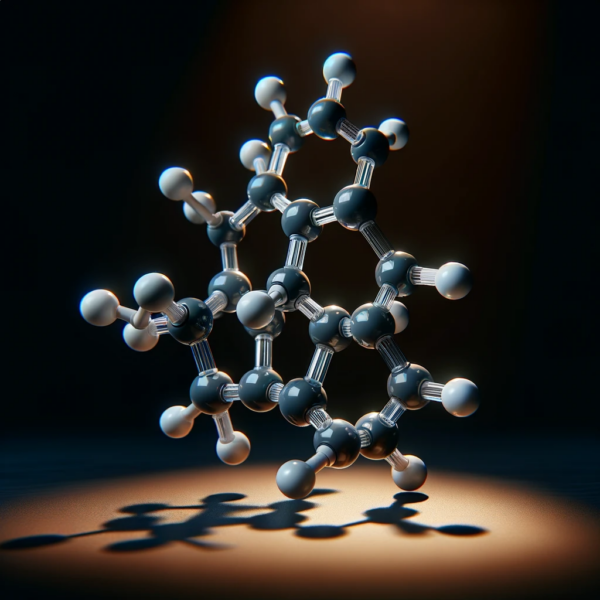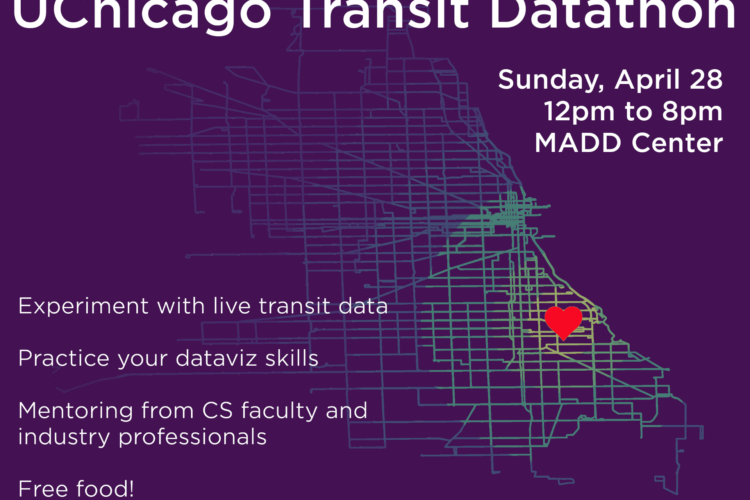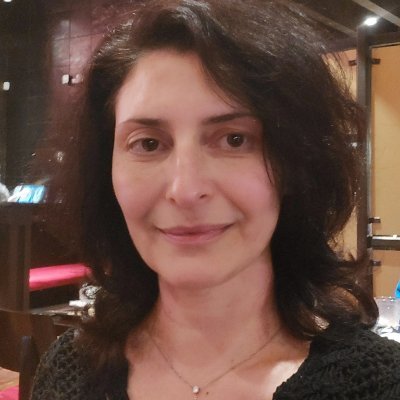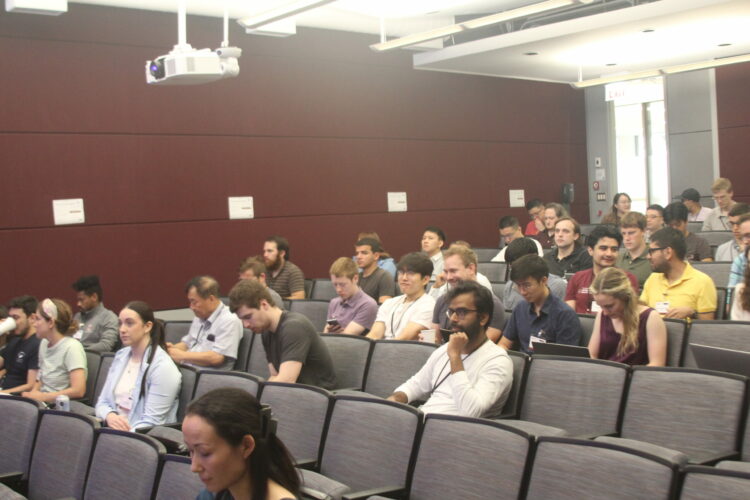May
6–9
2024
Upcoming EventMay 06, 2024
AI+Science Hackathon
May 6 – 9, 2024
 The Data Science Institute and the Schmidt AI in Science Postdoctoral Fellows program at the University of Chicago are hosting an innovative hackathon challenging you to apply AI and machine learning methods to solve pressing scientific problems. The hackathon will take place May 6-9th on the University of Chicago campus.
The Data Science Institute and the Schmidt AI in Science Postdoctoral Fellows program at the University of Chicago are hosting an innovative hackathon challenging you to apply AI and machine learning methods to solve pressing scientific problems. The hackathon will take place May 6-9th on the University of Chicago campus.
Hackathon Highlights:
– Two Projects: Competitors will have the opportunity to work on one of two projects. The first project will focus on molecular modeling using Graph Neural Networks (GNNs) to predict interactions within molecules. The second project will focus on using classification, regression, and generative modeling to understand the lives and deaths of massive stars.
– Team Competition: Each team will have 4 members. Participants can sign up as individuals or as groups of up to 4. Individuals or groups of less than 4 will be matched with others.
– Mentorship: Each team will be assigned a mentor from the Schmidt fellows program to provide guidance and support throughout the hackathon.
First Project Overview:
Unlock the Secrets of Molecules with AIDive into the world of molecular modeling where atoms and bonds form the essence of everything around us. We invite undergraduate and graduate students to embark on an exciting journey to decipher these microscopic puzzles using the power of Graph Neural Networks (GNNs). Our innovative challenge leverages AI to predict the intricate interactions within molecules, transcending traditional methods with a blend of precision and computational efficiency.Join us in this cutting-edge hackathon, where you’ll apply GNNs to model molecules as complex graphs, drawing insights from the vast ChEMBL database. This isn’t just about simulations; it’s about pioneering a future where we understand the very fabric of molecular behavior. Are you ready to redefine the boundaries of molecular simulations? Gear up for a challenge that promises to ignite your creativity and sharpen your skills in AI and molecular science.
Second Project Overview:
Predicting the Lives and Deaths of Stellar BinariesMost stars in the Universe have at least one companion, with the most common configuration being pairs. Astronomers observe these binaries at all stages of their lives to learn about the physical processes underlying their evolution. These observations are then compared with theoretical predictions from computationally expensive simulations known as “population synthesis.”The goal of this project is to develop novel ways to explore the outputs of these simulations. This dataset provides many opportunities ranging from classification and regression to generative modelling that will enhance our ability to understand these extreme astrophysical systems.
Eligibility:
Open to all University of Chicago undergraduate and graduate students. If you are a staff member or postdoctoral fellow and are interested in participating, please get in touch with us.
How to Apply:
Please fill out the application form.
Application Deadline:
April 18th

Apr
28
Upcoming EventApr 28, 2024
First Annual UChicago Transit Datathon

Mar
28
Past EventMar 28, 2024
Derivatives of Data Science Spring Quarter Kick-Off

Apr
18
Upcoming EventApr 18, 2024
Irina Rish (Université de Montréal) – Scaling to AGI

Jul
15
Upcoming EventJul 15, 2024